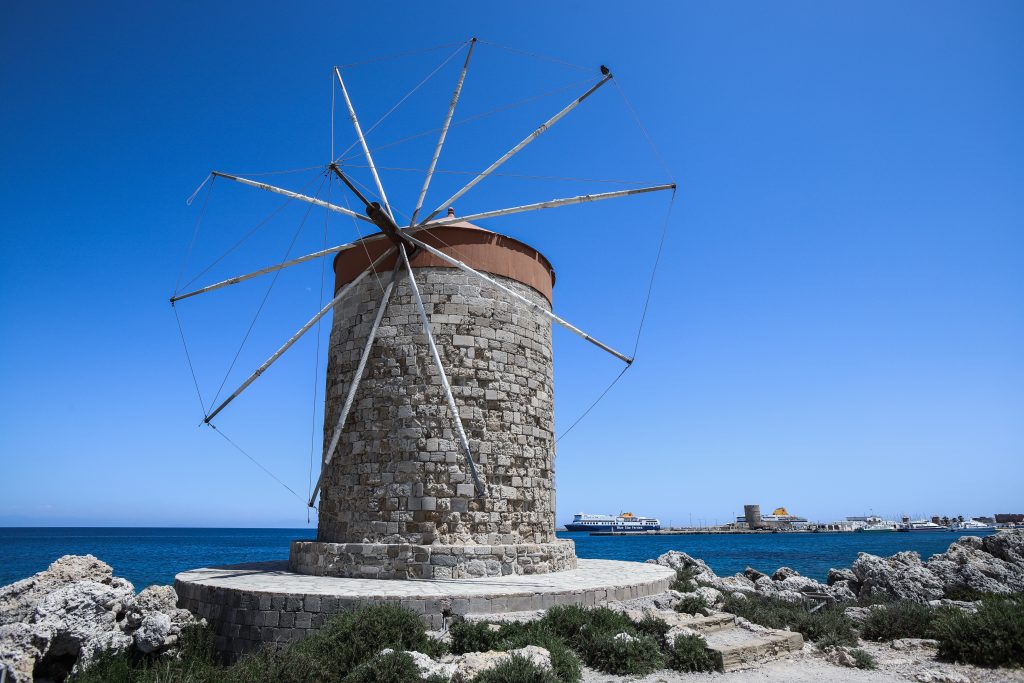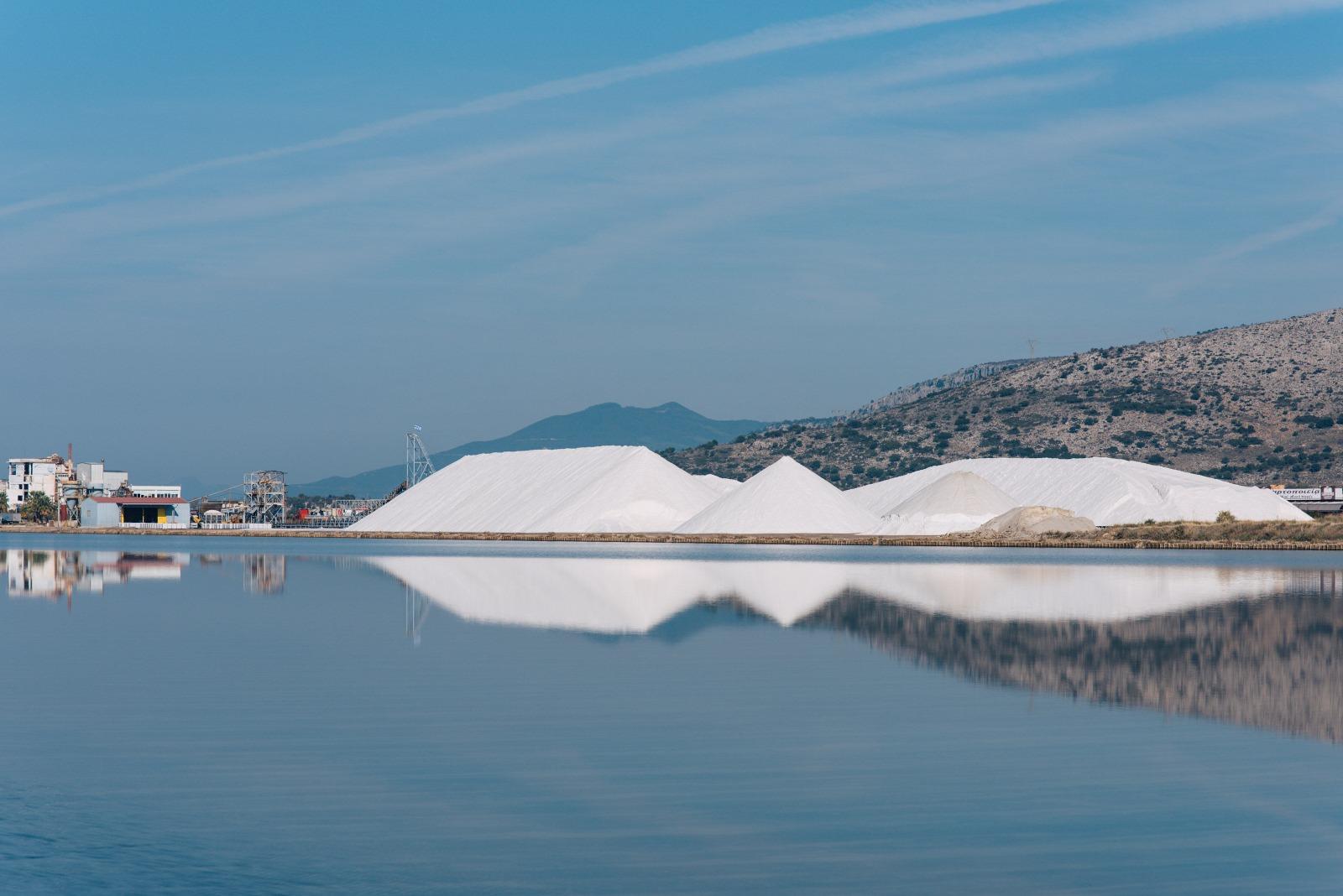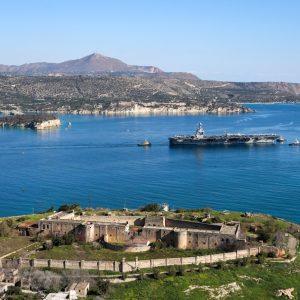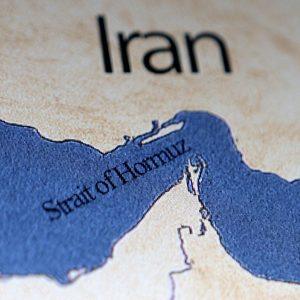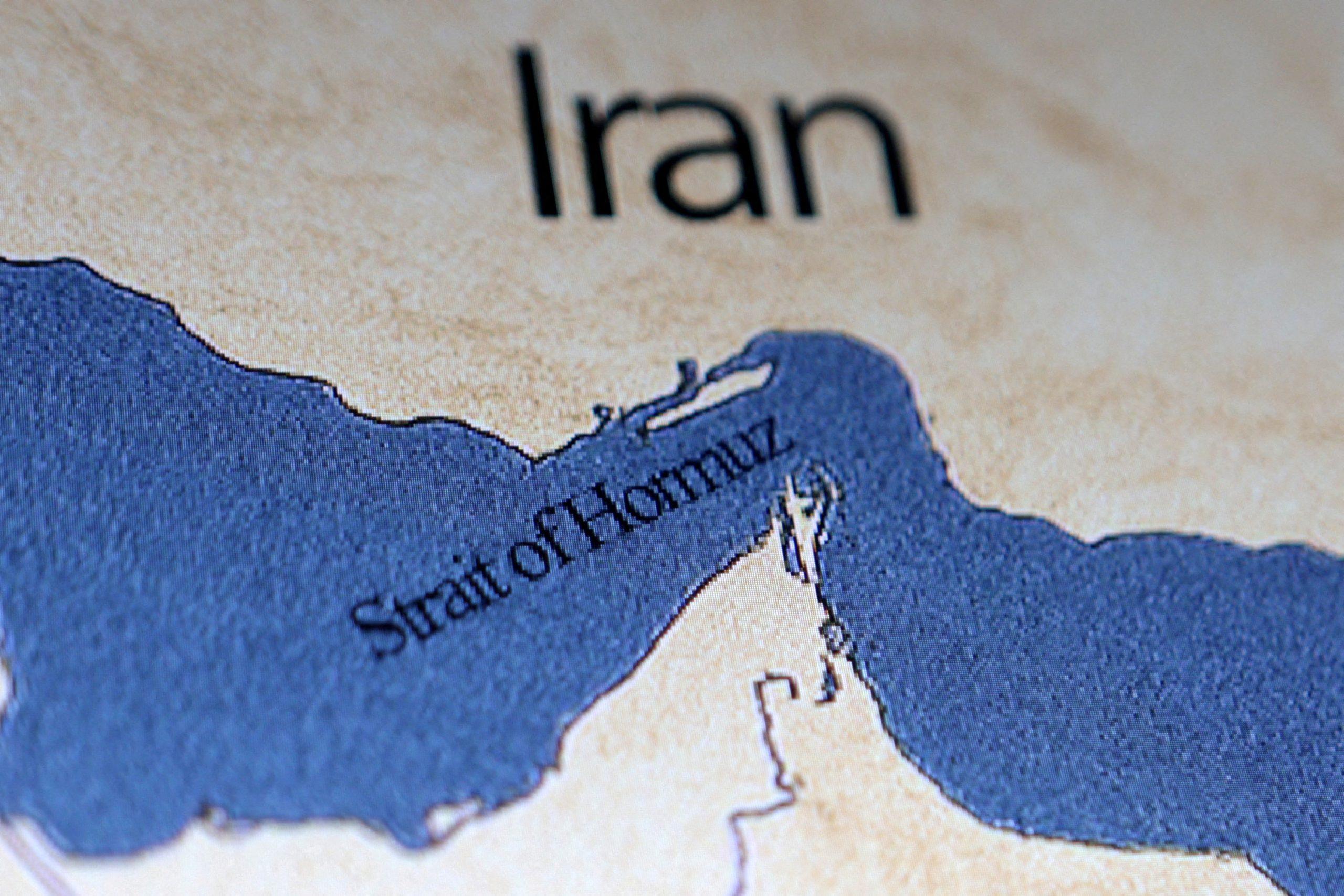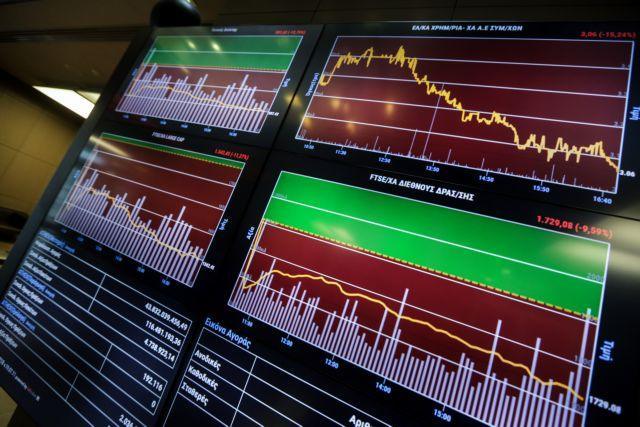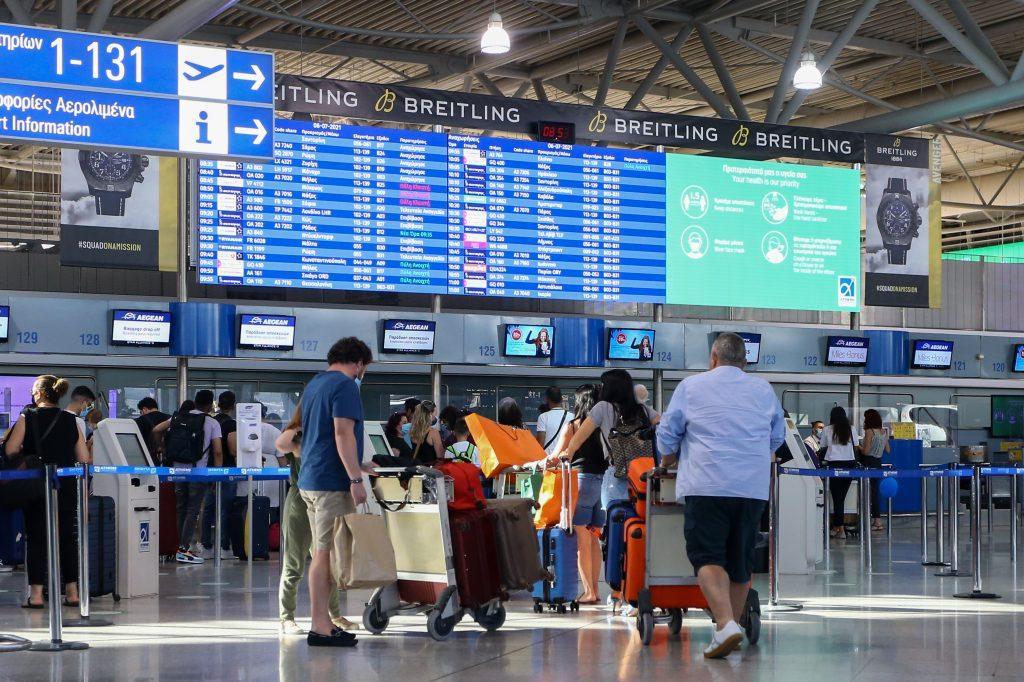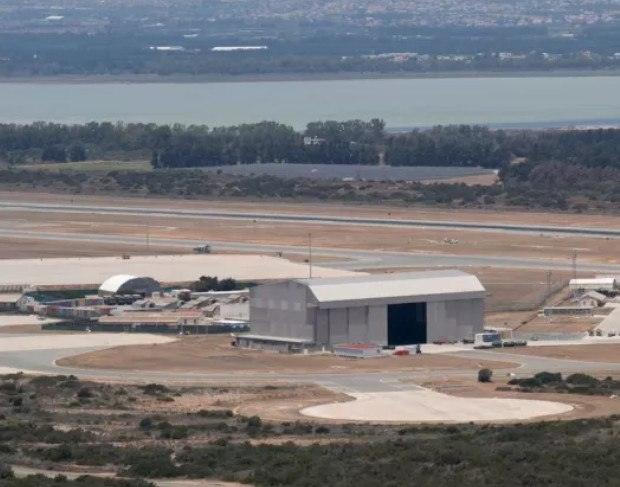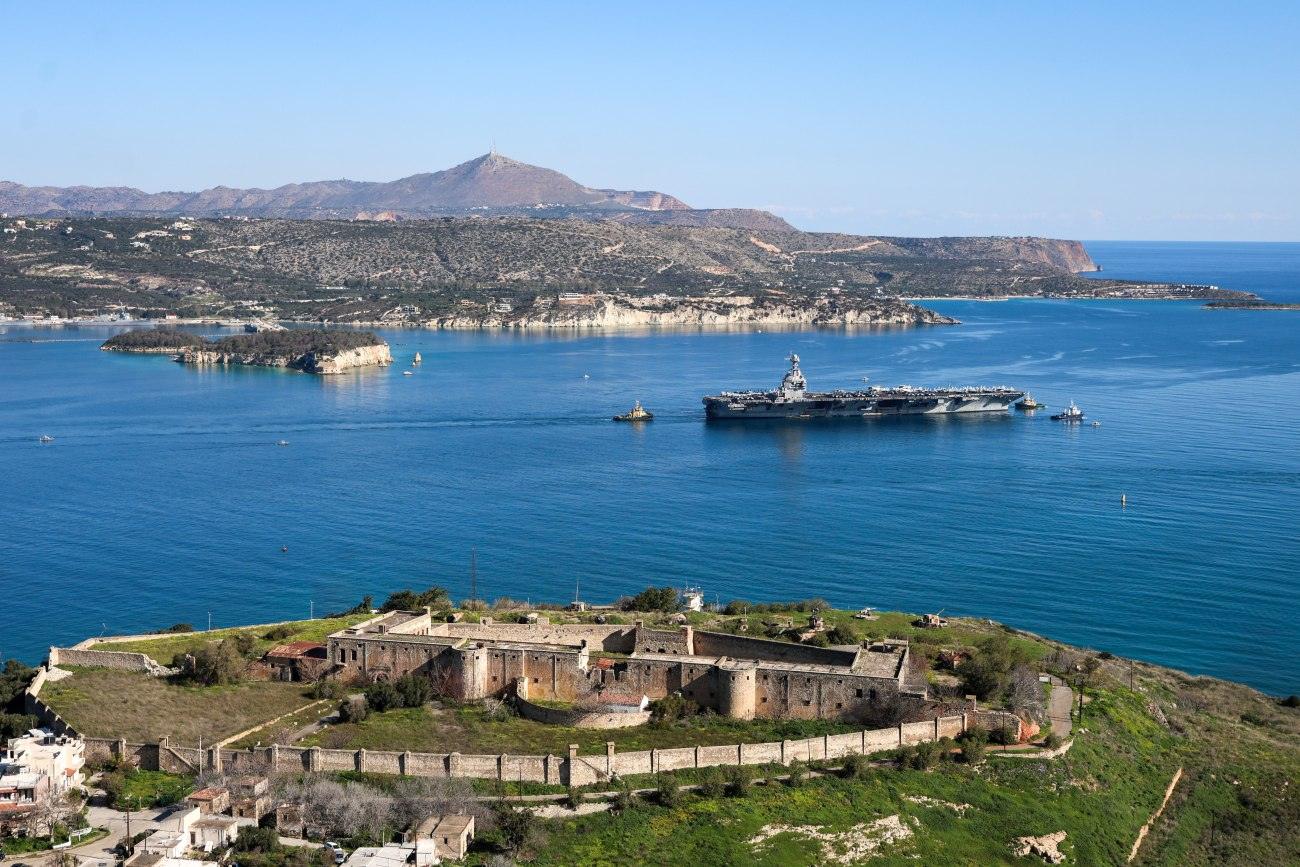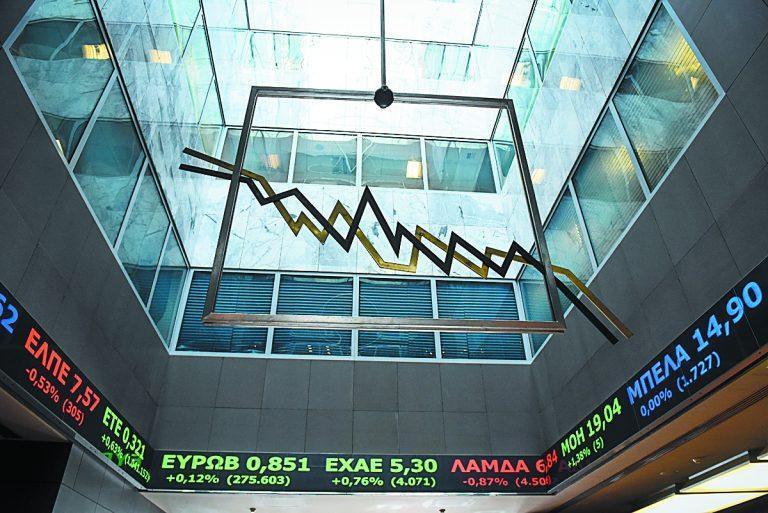The first month of the tourist season in the South Aegean islands ended with more visitors than the corresponding period of 2019, and specifically with an increase of 13.07% in terms of international direct arrivals at the five local airports, according to what was announced by the South Aegean Tourism Initiative. This is an initiative consisting of local government agencies and tourism agencies in the area.
In particular, all five islands with international airports started very dynamically, surpassing by 30 April , the number of visitors in 2019, by 13.07%, with more than 1,300 international flights, with high occupancy, which brought to the islands already more than 200,000 passengers.
The South Aegean Region has started this year’s tourist season for the country, with the first direct international flights arriving in the islands as early as March 27, earlier than ever.
Better than 2019 with an increase of up to 42%
In particular, in Rhodes, a flagship destination for Greek tourism, 700 flights landed by 30 April, carrying 114,844 passengers, compared to 102,664 in the corresponding period of the landmark year, achieving an increase of 12%. There was a day when 56 planes and 9,500 passengers landed at Diagoras Airport, numbers that are found at the peak of the tourist season, during the months of July and August.
Impressive was the start for Santorini, which recorded an increase of 42% (!) over the so-far “elusive” record of 2019. By April 30, Santorini attracted 38,257 visitors, at least 10,000 more than in 2019, when it had reached 26,927.
Similarly, Kos surpassed 2019, albeit marginally, with 32,280 tourists, compared to 31,597 in 2019, while Mykonos is moving at equal levels in 2019, having welcomed 17,455 travelers to date (18,189 in 2019).
The strong tourist current during the Easter holidays and all the first signs, despite the difficulties and peculiarities of this year, are extremely encouraging elements for the course of the tourist season, showing a return to the “high” of 2019.
